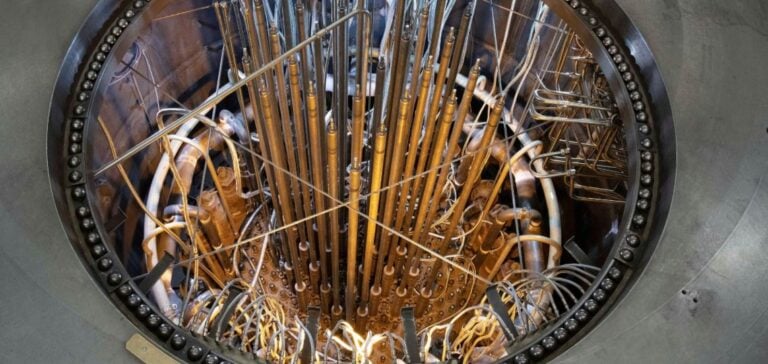The municipality of Halden, located in southeast Norway, is examining the possibility of constructing a small modular reactor (SMR) to meet its growing energy needs. To this end, two companies, Amentum, based in the United States, and Multiconsult Norge AS, a Norwegian consultancy, have been selected to conduct a detailed study.
A Strategic Mandate
The mandate for these two companies includes assessing potential equipment and service suppliers, both in Norway and abroad. They will also focus on technical, environmental, and regulatory aspects necessary for such a project. Andy White, Senior Vice President at Amentum, stated: “We will use our expertise in SMR technology and nuclear supply chains to provide an objective analysis and assist Halden in making an informed decision about nuclear energy.”
Energy Challenges in Southeast Norway
The Oslo, Akershus, and Østfold region is currently experiencing an energy deficit of 16 TWh, a situation exacerbated by the lack of grid capacity to meet growing demand. Statnett, the national grid operator, has warned that no additional capacity will be available before 2035 unless production is increased or infrastructure expanded. This critical context has motivated Halden to consider SMRs as a potential solution.
Halden is not new to nuclear energy. For over 60 years, it hosted the Norwegian Institute for Energy Technology’s research reactor for nuclear fuel and materials testing. This reactor was decommissioned in 2018, but local expertise remains a valuable asset.
A Collaboration Focused on Expertise
Halden Kjernekraft AS, the company leading the study, is 20% owned by the municipality of Halden and 40% each by Norsk Kjernekraft and Østfold Energi. The collaboration with Amentum and Multiconsult aims to combine in-depth knowledge of Norway’s energy industry with international expertise in SMR development.
Håvard Kristiansen, CEO of Halden Kjernekraft, emphasized the value of this initiative, noting that Multiconsult brings strong local expertise, while Amentum has significant experience in implementing modular reactors in Europe and the UK. This synergy could offer a solution tailored to the specific energy needs of the region.
Commercial and Industrial Ambitions
Norsk Kjernekraft, a key partner in this project, aims to develop and operate SMR plants in Norway. The company is committed to complying with national and international standards, following the steps recommended by the International Atomic Energy Agency (IAEA). In August, Norsk Kjernekraft proposed to Norway’s Ministry of Energy an assessment for building SMR plants in other municipalities, including Øygarden, Aure, Heim, and Vardø.
These initiatives reflect a growing trend to explore innovative technologies in the energy sector while addressing critical infrastructure and production needs to support local and national industries.






















